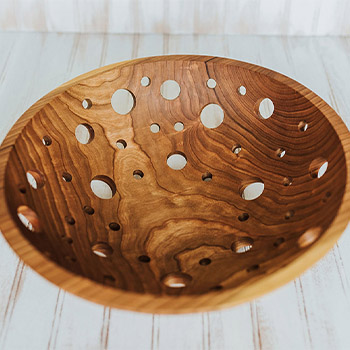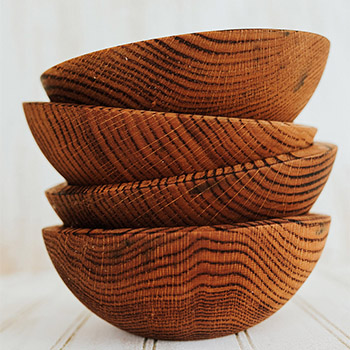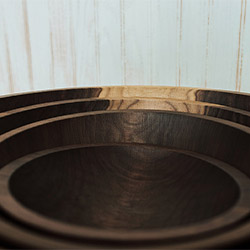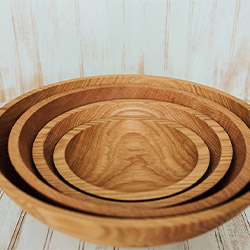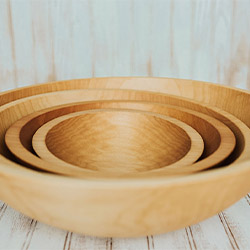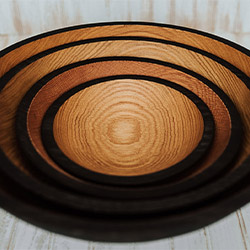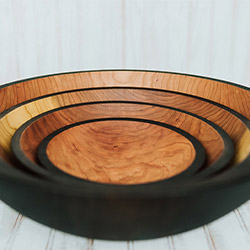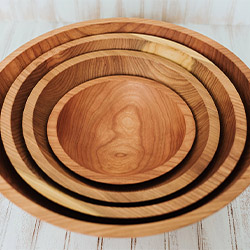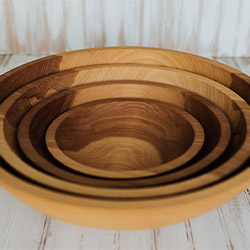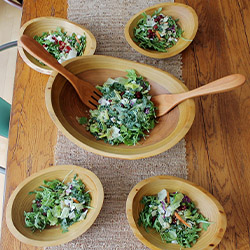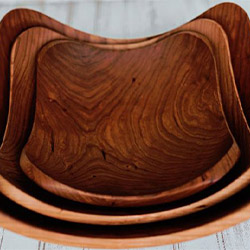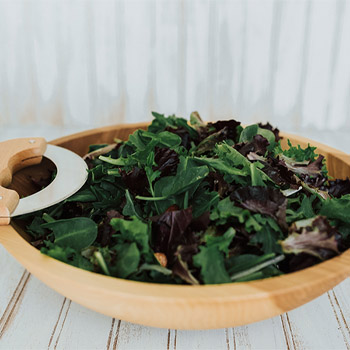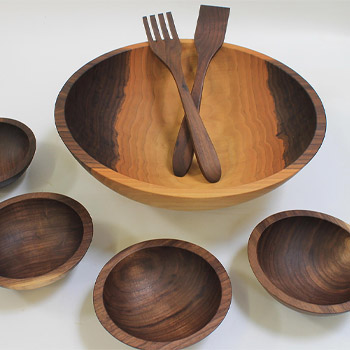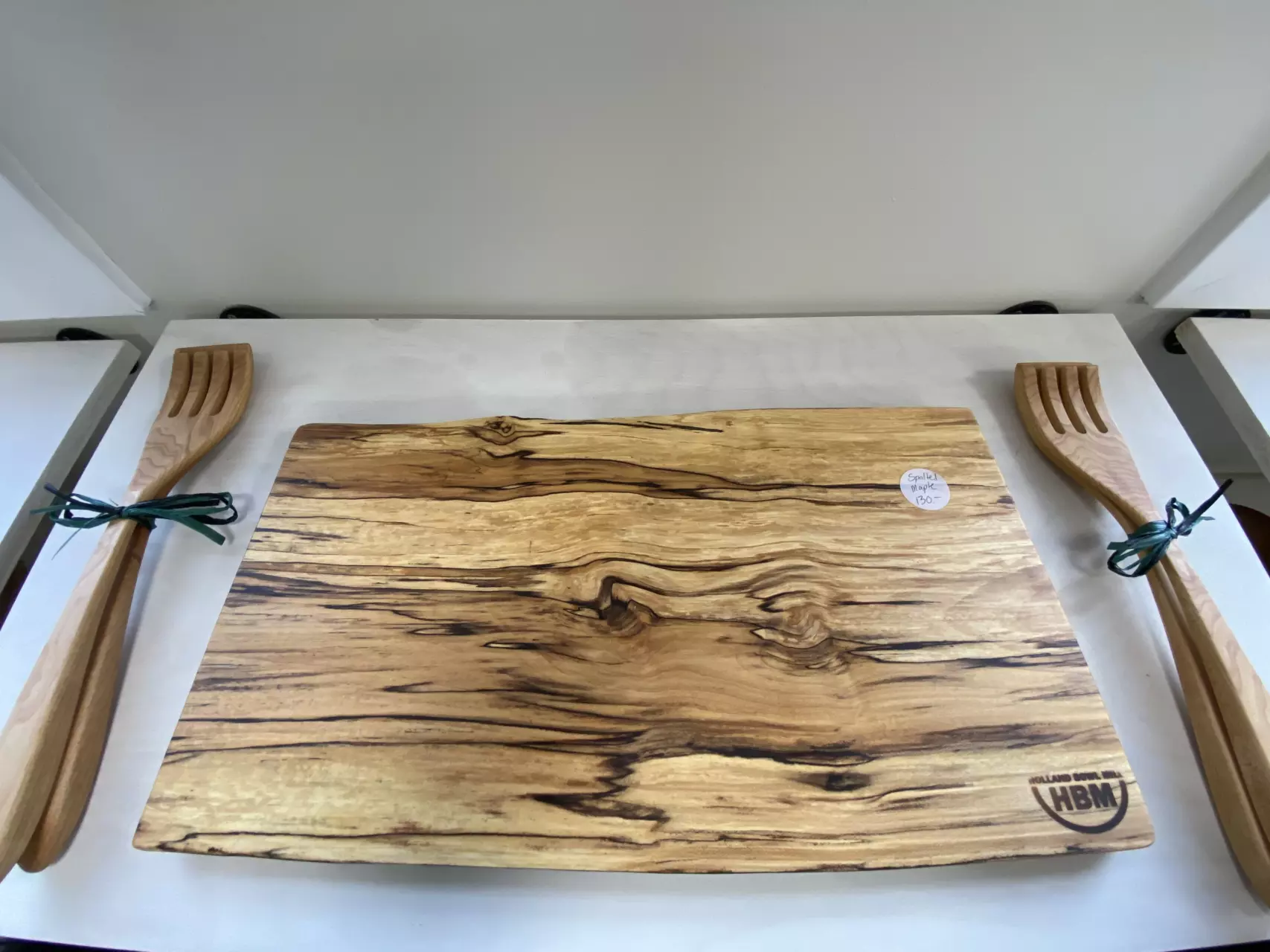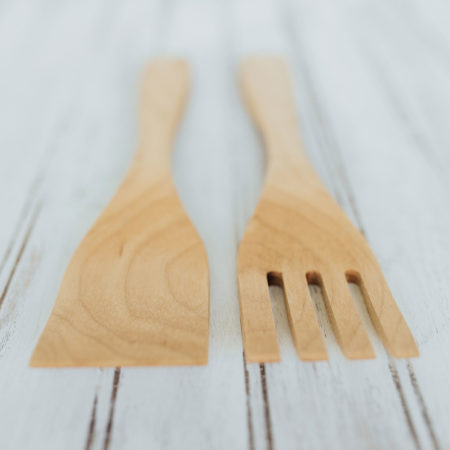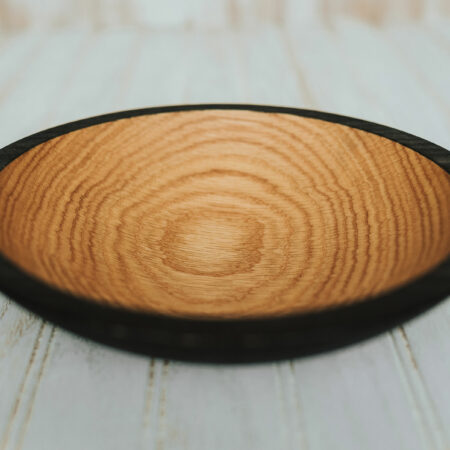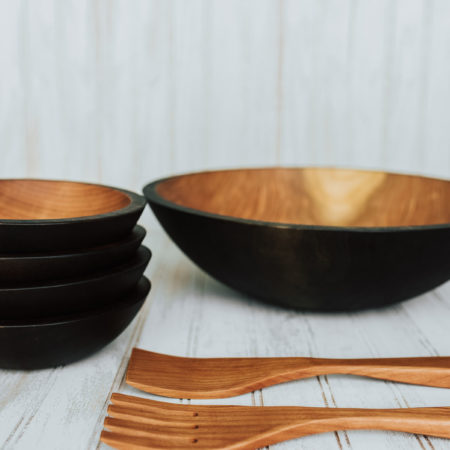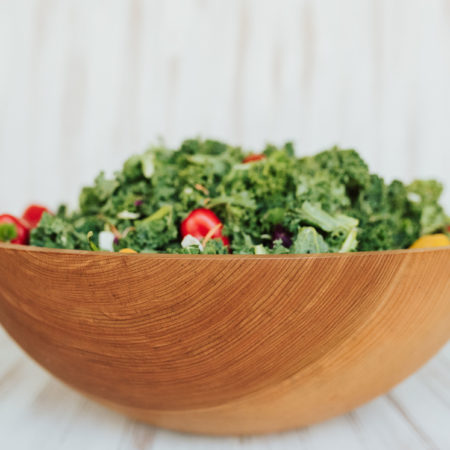What’s the Proper Way to Use Wooden Utensils?
Have you wondered What’s the Proper Way to Use Wooden Utensils? Do you need help correctly using your wooden utensils from Holland Bowl Mill? Don’t worry; we’ve got you covered!
This article will show you how to use and care for your wooden utensils to serve delicious meals confidently.
From choosing the right utensils to cleaning and maintaining them, we’ll provide you with all the tips and tricks you need.
So grab your wooden spoons, and let’s get started!
Key Takeaways
- Choose durable and sustainably sourced wooden utensils.
- Properly care for wooden utensils by washing them with warm, soapy water and drying them thoroughly before storing them.
- Regularly oil wooden utensils to prevent drying out and maintain their natural beauty.
- Avoid using wooden utensils on high heat or open flames, and replace them if they develop deep cracks, splinters, mold, or a persistent odor.
Choosing the Right Wooden Utensils
Look for durable and sustainably sourced wood to choose the right wooden utensils. Wooden utensils have many benefits compared to utensils made from other materials.
Wooden utensils are gentle on your cookware, preventing scratches and damage. They are also heat resistant, so you can confidently use them in hot pans without worrying about melting or warping.
Another advantage of wooden utensils is their natural antibacterial properties. Wood contains antimicrobial compounds that can help inhibit the growth of bacteria, making them hygienic to use in the kitchen. Unlike plastic utensils, wooden ones do not leach harmful chemicals into your food, ensuring a safe and healthy meal for you and your loved ones.
In addition to being practical and safe, wooden utensils have an aesthetic appeal. The warm and earthy tones of wood can add a touch of rustic charm to your kitchen and dining table. They are perfect for serving others, as they convey a sense of warmth and hospitality.
Cleaning and Caring for Wooden Utensils
Take care of your wooden utensils by gently washing them by hand and allowing them to air dry. Caring for wooden utensils is important to maintain their longevity and prevent damage.
Here are some tips to help you keep your wooden utensils in excellent condition:
- Use warm, soapy water: Use mild dish soap and warm water to wash your wooden utensils gently. Avoid using harsh chemicals or abrasive sponges that can damage the wood.
- Dry them thoroughly: After washing, dry your wooden utensils thoroughly before storing them. Excess moisture can cause the wood to warp or crack. Simply pat them dry with a clean towel and let them air dry completely.
- Oil them regularly: To keep your wooden utensils moisturized and prevent drying out, oil them regularly. Use food-grade mineral or coconut oil and apply a thin layer to the utensils. Let the oil soak in for a few hours or overnight before wiping off any excess.
- Avoid soaking or dishwasher: Wooden utensils should never be soaked in water or placed in the dishwasher. Excessive moisture can cause the wood to swell and lose its shape. Additionally, the high temperatures in the dishwasher can cause the wood to warp or crack.
Following these simple steps ensures that your wooden utensils remain in great condition for years. Taking the time to care for them properly will extend their lifespan.
Seasoning and Maintaining Wooden Utensils
Maintain the quality of your wooden utensils by regularly seasoning them with food-grade mineral or coconut oil. Seasoning your wooden utensils enhances their appearance and durability and prevents warping and cracking. By following these simple steps, you can ensure that your wooden utensils last for years.
First, make sure your wooden utensils are clean and dry before applying the oil. This will help the oil penetrate the wood and provide better protection. Next, pour a small amount of food-grade mineral or coconut oil onto a soft cloth or paper towel. Rub the oil onto the utensils, making sure to cover all surfaces. Allow the oil to soak in for a few minutes, then wipe off any excess with a clean cloth.
Regularly seasoning your wooden utensils offers several benefits. Firstly, it helps to maintain their natural beauty by enhancing the wood’s grain and color. Additionally, the oil acts as a barrier, preventing moisture from seeping into the wood and causing warping or cracking. Moreover, seasoning also helps to prevent the transfer of flavors and odors between different foods, ensuring that your dishes taste as intended.
Using Wooden Utensils for Different Cooking Methods
It’s important to consider the appropriate cooking method when using wooden utensils. Wooden utensils are versatile and can be used for various cooking techniques. Here are some tips to help you use your wooden utensils properly:
- Grilling Techniques: Wooden utensils are great for grilling. They provide a natural, non-reactive surface that won’t scratch your grill grates. Use a wooden spatula or tongs to flip your meats and vegetables on the grill. The smooth surface of the wooden utensils will help prevent sticking and ensure even cooking.
- Baking with Wooden Utensils: Wooden spoons and spatulas are ideal for baking. They are gentle on your mixing bowls and won’t scratch the non-stick surfaces of your baking pans. Use a wooden spoon to mix batters, fold in ingredients, and scrape the sides of your mixing bowl. The wooden utensils will help distribute heat evenly and prevent overmixing.
- Stirring and Sauteing: Wooden spoons are perfect for stirring and sautéing. They are heat resistant and won’t melt or warp like plastic utensils. The long handle of a wooden spoon allows you to reach the bottom of your pots and pans without burning your hand. Use a wooden spoon to stir soups, sauces, and stir-fries. The gentle material of the wooden spoon will not damage your cookware.
- Serving and Plating: Wooden utensils also make beautiful serving tools. Use a wooden fork or spoon to serve salads, pasta, or side dishes. The wood’s natural grain adds an elegant touch to your table setting. Wooden utensils are lightweight and easy to handle, making them perfect for serving others.
Tips for Prolonging the Lifespan of Wooden Utensils
To ensure your wooden utensils last longer, it’s important to properly care for them by hand washing them with mild soap and water and thoroughly drying after each use. Wooden utensils are not only beautiful and eco-friendly, but they also provide a natural and gentle touch to your cooking. However, they require special attention to prevent warping and splintering.
When washing your wooden utensils, avoid using harsh detergents or soaking them in water for extended periods. Instead, opt for a mild soap and gently wash them by hand, ensuring to remove any food residue. After washing, it’s crucial to dry them thoroughly to prevent moisture from seeping into the wood and causing warping. Use a clean cloth or towel to dry them thoroughly before storing.
To avoid splintering, it’s essential to maintain the wood’s natural moisture. Regularly oil your wooden utensils with food-safe mineral oil or beeswax. Apply a thin layer of oil and let it soak in for a few hours or overnight. This will help keep the wood hydrated and prevent it from drying out and splintering.
Additionally, it’s vital to store your wooden utensils properly. Avoid leaving them in water or damp environments for prolonged periods, leading to warping and mold growth. Instead, store them in a well-ventilated area away from direct heat sources.
Summary
So there you have it! Following these simple guidelines, you can use your wooden utensils from Holland Bowl Mill properly and ensure longevity.
Remember to choose the right utensils for the task, clean them gently, and keep them well-seasoned.
Whether stirring a sauce or flipping a pancake, wooden utensils are a great option for all your cooking needs.
With proper care and attention, your wooden utensils will continue serving you well in the kitchen for years.
Happy cooking!

